NEWS
17 Things Legal Firearm Owners Should Avoid Doing At All Costs
Published
10 months agoon
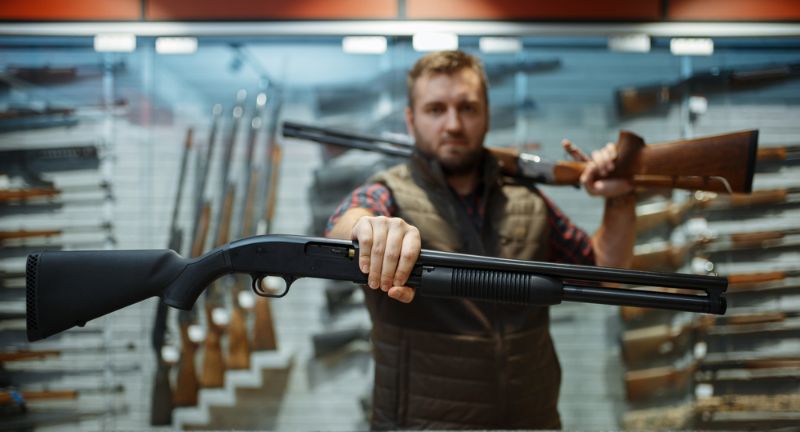
Shutterstock
Owning a firearm comes with immense responsibility, not just for your safety but also for the safety of those around you. Knowing what not to do is as crucial as knowing how to use your weapon properly. Avoiding these pitfalls can prevent legal trouble, accidents, and potential tragedies. Here are 16 things legal firearm owners should never do to ensure they stay responsible and law-abiding.
These guidelines are essential for maintaining the integrity and safety of firearm ownership. By adhering to these principles, you can help promote a culture of responsible gun ownership. Let’s delve into the critical don’ts for firearm owners to keep in mind. Awareness and education are key to preventing mishaps and ensuring safety.
Never Ignore Gun Safety Training
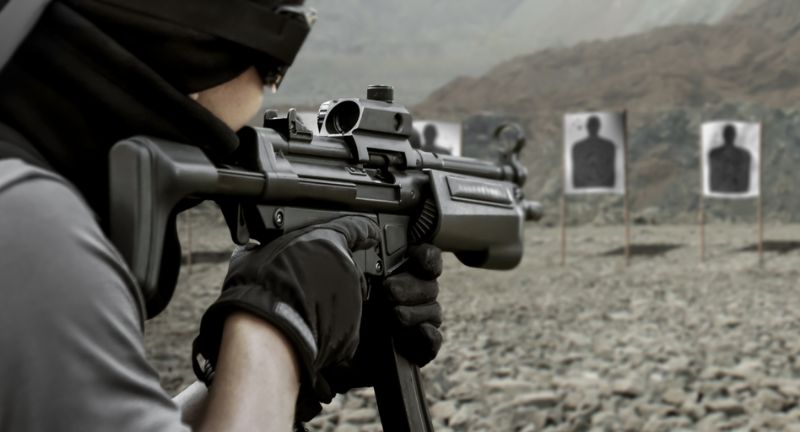
Shutterstock
Proper training is essential for all firearm owners. Neglecting gun safety training can lead to accidents and mishandling. Always participate in comprehensive training programs to stay updated on the best practices. This knowledge not only keeps you safe but also those around you.
Never Skip Regular Maintenance
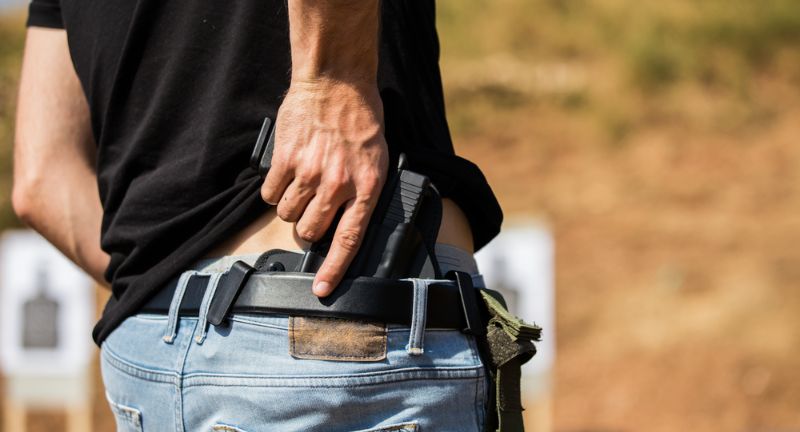
Shutterstock
Regular maintenance of your firearm ensures it functions correctly. Neglecting maintenance can cause malfunctions, which may result in accidents. Clean and inspect your firearm frequently to keep it in optimal condition. A well-maintained firearm is a safe firearm.
Never Store Firearms Loaded

Shutterstock
Storing firearms loaded can lead to unintended discharges. Always unload your firearm before storing it. Use proper storage solutions such as gun safes to prevent unauthorized access. Ensuring your firearm is stored safely protects everyone in your household.
Never Handle Firearms Under the Influence
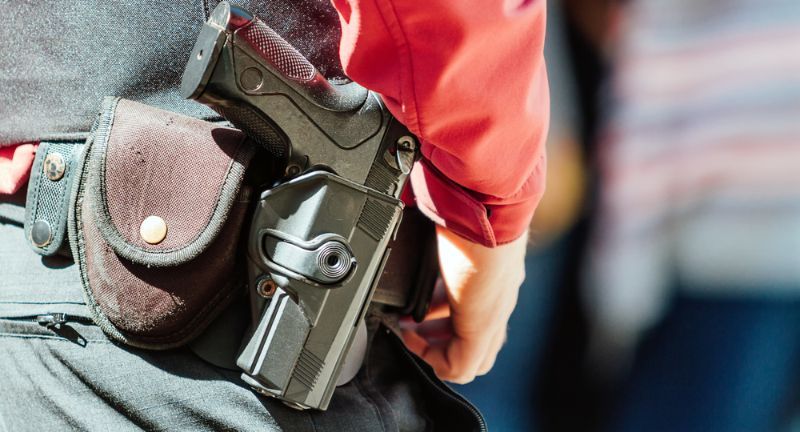
Shutterstock
Operating a firearm while under the influence of drugs or alcohol is extremely dangerous. Your judgment and reaction times are impaired, increasing the risk of accidents. Always handle firearms with a clear mind. Ensuring sobriety is a key aspect of responsible gun ownership.
Never Leave Firearms Unattended

Shutterstock
Leaving firearms unattended, especially in public or unsecured areas, poses significant risks. Unauthorized individuals, including children, could access the weapon and cause harm. Always keep your firearm within your control or securely stored. This practice prevents accidents and theft.
Never Point a Firearm at Something You Don’t Intend to Shoot
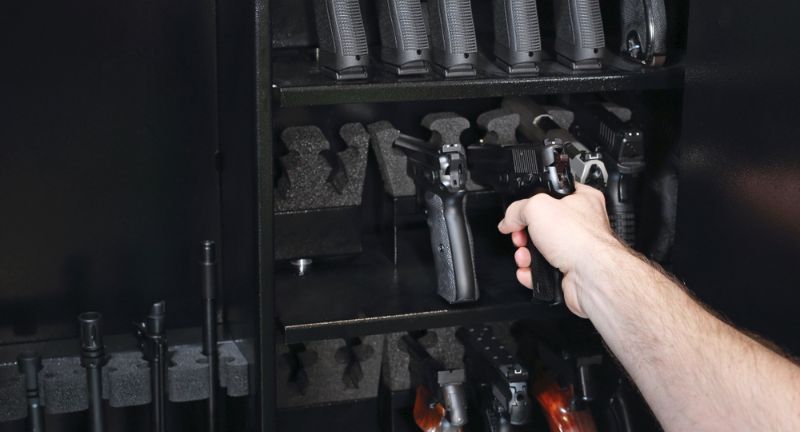
Shutterstock
One of the fundamental rules of firearm safety is to never point your weapon at anything you do not intend to shoot. This rule minimizes the risk of accidental discharge causing injury or damage. Always be mindful of where your firearm is aimed. Awareness of your target and what lies beyond it is crucial.
Never Assume a Firearm is Unloaded
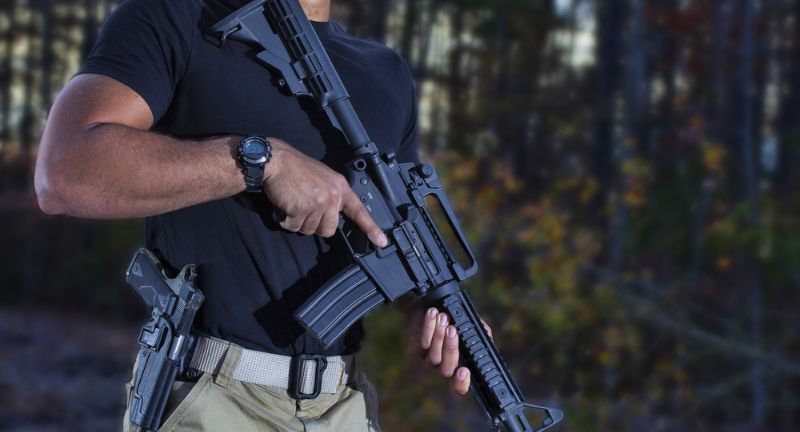
Shutterstock
Always treat every firearm as if it is loaded. This mindset ensures you handle the weapon with the utmost caution. Double-check the chamber and magazine every time you pick up a firearm. This habit prevents negligent discharges and promotes safe handling practices.
Never Modify Your Firearm Without Professional Guidance

Shutterstock
Modifying your firearm without proper knowledge can compromise its safety and performance. Always seek professional guidance when making modifications. Incorrect modifications can lead to malfunctions or make the firearm unsafe. Trust experts to ensure your modifications are safe and legal.
Never Ignore Local Laws and Regulations

Shutterstock
Firearm laws vary significantly by location. Ignorance of these laws is no excuse and can lead to severe legal consequences. Always stay informed about the laws and regulations in your area. Compliance with local laws ensures you remain a responsible and lawful firearm owner.
Never Neglect Proper Ammunition Storage
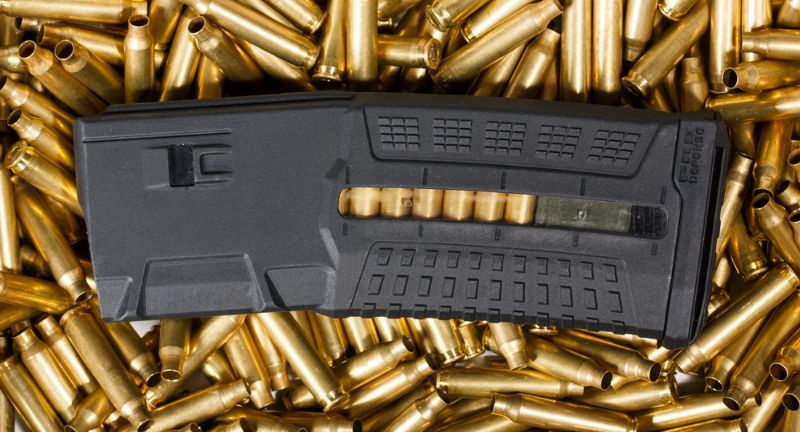
Shutterstock
Ammunition should be stored separately from firearms and in a secure, dry place. Improper storage can lead to deterioration and unsafe conditions. Always use containers specifically designed for ammunition. Proper storage practices ensure your ammunition remains safe and effective.
Never Use Firearms as Tools
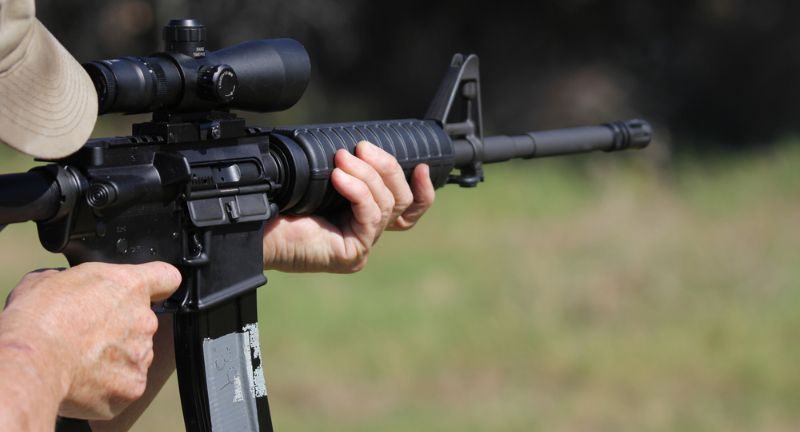
Shutterstock
Firearms are designed for shooting, not as makeshift tools. Using a firearm for any purpose other than its intended use can cause damage or accidents. Always use the appropriate tools for non-shooting tasks. Treating your firearm with respect ensures its longevity and safety.
Never Rely Solely on the Safety Mechanism

Shutterstock
The safety mechanism on a firearm is an important feature, but it should not be solely relied upon to prevent accidents. Always follow the primary rules of firearm safety regardless of whether the safety is engaged. Mechanical safeties can fail, and proper handling techniques are crucial. Treat the safety as a supplement to, not a replacement for, safe handling practices.
Never Forget to Practice Regularly

Shutterstock
Regular practice is essential for maintaining proficiency with your firearm. Infrequent use can lead to a decline in skills and familiarity. Schedule regular practice sessions to stay sharp. Consistent training ensures you remain confident and capable in handling your firearm safely.
Never Loan Your Firearm to Unlicensed Individuals
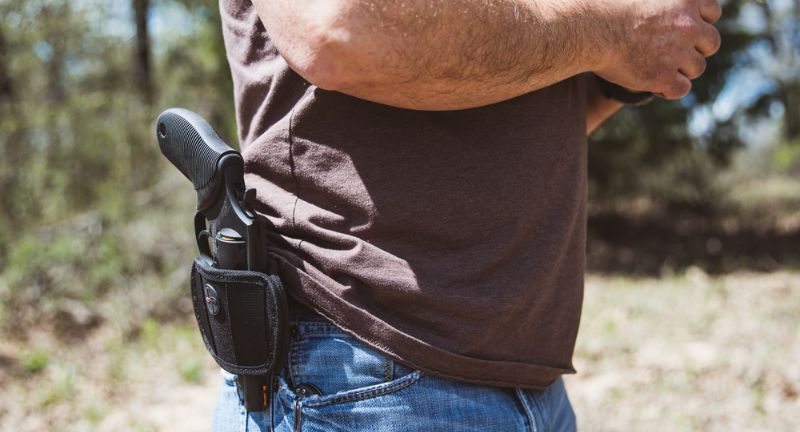
Shutterstock
Loaning your firearm to someone who is unlicensed or inexperienced can lead to serious legal and safety issues. Ensure that anyone who uses your firearm is properly licensed and trained. Your responsibility extends to anyone who handles your firearm. Protect yourself and others by limiting access to those who are qualified.
Never Use the Wrong Ammunition
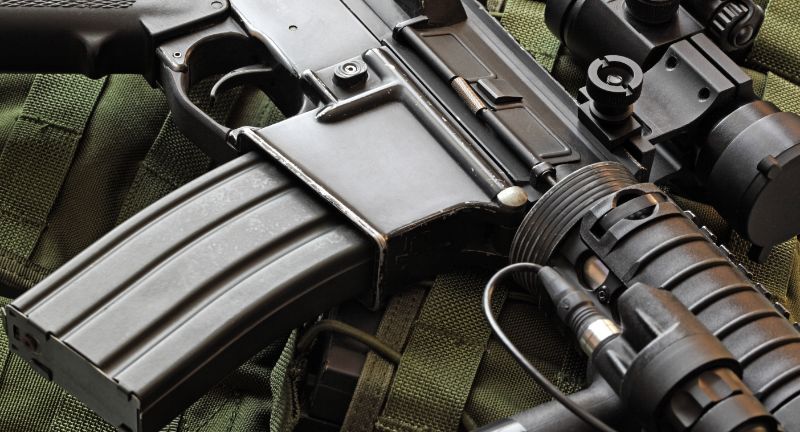
Shutterstock
Using the wrong type of ammunition can cause severe damage to your firearm and pose significant danger to you. Always verify that you are using the correct caliber and type of ammunition for your firearm. Refer to the manufacturer’s guidelines and double-check before loading. Correct ammunition use is critical for safe and effective firearm operation.
Never Disregard Hearing and Eye Protection

Shutterstock
Hearing and eye protection are essential when shooting. Firearms produce loud noises and can eject debris, posing risks to your hearing and vision. Always wear appropriate protective gear at the range or when handling firearms. Protecting your senses is a crucial part of responsible gun ownership.
Never Fail to Report a Lost or Stolen Firearm
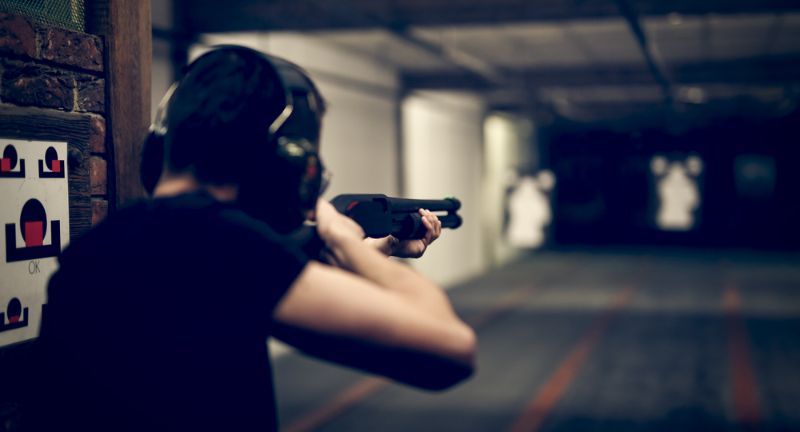
Shutterstock
If your firearm is lost or stolen, it is imperative to report it immediately to the authorities. Failure to do so can result in legal complications and contribute to crime if the weapon falls into the wrong hands. Prompt reporting helps law enforcement recover your firearm and prevents misuse. Responsible firearm ownership includes ensuring lost or stolen firearms are promptly and properly reported.
Conclusion
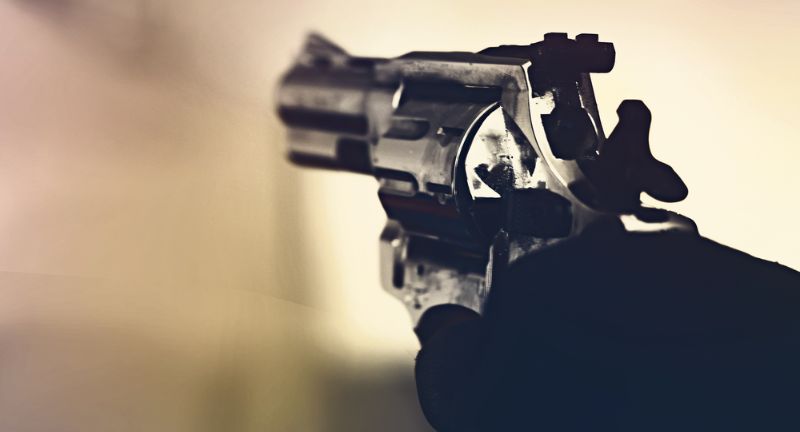
Shutterstock
Being a responsible firearm owner requires vigilance, education, and a commitment to safety. By avoiding these 16 dangerous behaviors, you can help ensure that your use of firearms remains safe and legal. Remember, responsible gun ownership not only protects you but also your loved ones and community. Stay informed, stay safe, and always prioritize responsible practices in firearm handling.
More From Body Cams+
-


Protestors Chant ‘My Body My Choice’ In Front of Supreme…
-


ODOT Statement and Aftermath Video – Dump Truck Hits ODOT…
-


These Are The 13 Best Guns For Defending Your Home
-


Fugitive Casey White Seen in Car Wash Surveillance Footage, Per…
-


Tornado Spins and Wows Small Town in Slide, TX
-


NYPD: Suspects exchange gunfire in broad daylight on Queens corner
-
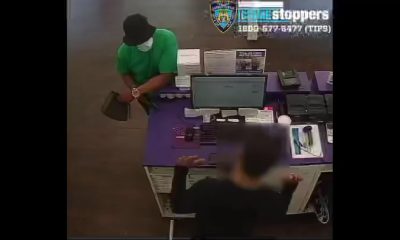

The individual approaches the store employee and displays a firearm…
-


Trump Officially Wins NRA Endorsement: Second Amendment Advocates Rejoice
-


Bus Depot in England Goes Up in Flames
-
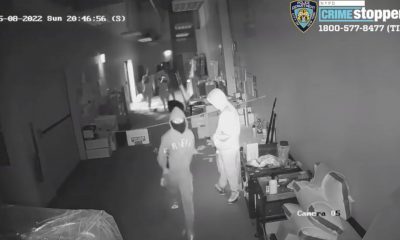

NYPD: Break in suspects destroying items at Raymour and Flanigan…
-


Irvine PD in California Catches Burglar Whose Vehicle Resembled Something…
-


Drone Footage of a Train Derailment in Scotland
